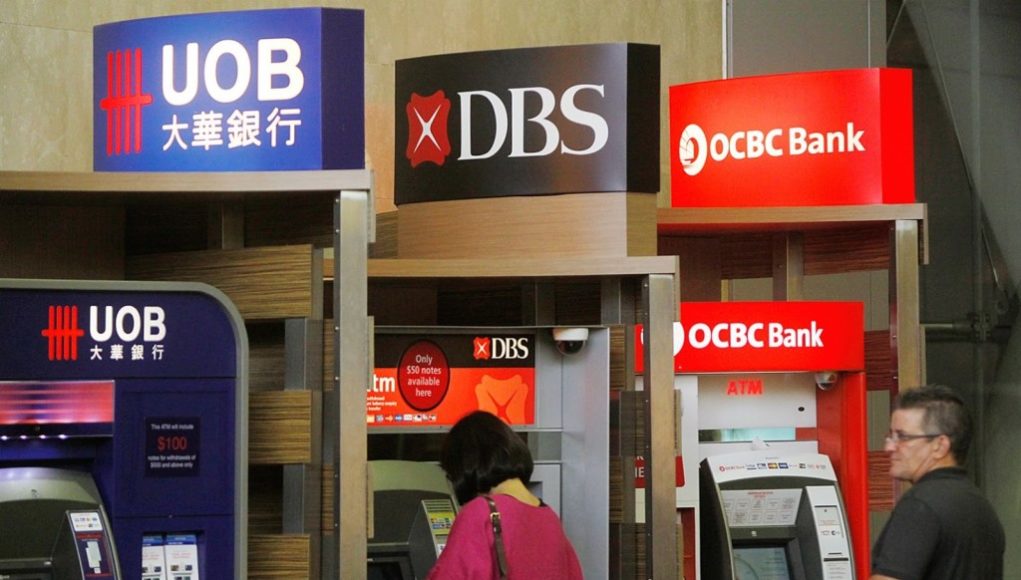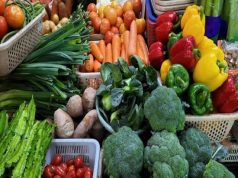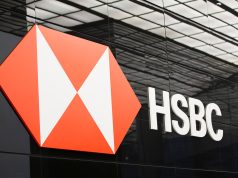OCBC’s non-performing assets (NPA) coverage at 78% remains the lowest amongst its peers, even after additional provisions written in Q1 2019, according to DBS Group Research reported by Singapore Business Review.
DBS Group Research analyst Rui Wen Lim noted that as of Q1 2019, the whilst bank’s non-performing loan (NPL) ratio stood close to those of DBS and UOB at 1.5%, its credit cost has stayed lower compared to peers.
 “In Q4 2018, OCBC took another prudent measure to write more provisions for its oil and gas exposures, where collaterals had previously been marked down to 30% of its valuation. In Q1 2019, OCBC took additional provisions against oil and gas portfolio on refreshed valuations,” Lim noted. “We remain cautious over OCBC’s NPA coverage.”
“In Q4 2018, OCBC took another prudent measure to write more provisions for its oil and gas exposures, where collaterals had previously been marked down to 30% of its valuation. In Q1 2019, OCBC took additional provisions against oil and gas portfolio on refreshed valuations,” Lim noted. “We remain cautious over OCBC’s NPA coverage.”
The move comes after the lender saw a year-end uptick in bad loans, particularly in the O&G segment given its significant exposure to indebted crude oil supplier, Coastal Oil Singapore. Of the firm’s outstanding debts of US$354m, OCBC has an exposure of US$122.7m whilst DBS and UOB are both owed US$29.9m and US$19.5m, respectively, data from CGS-CIMB show.
Meanwhile, DBS Group Research expects OCBC to see modest net interest margin (NIM) expansion in Q2 2019, but they are less hopeful that mark to market (MTM) gains and strong net trading income seen in Q1 2019 can be sustained.
“Though OCBC now has the highest CET1 ratio among peers (1Q19: 14.2%) post turning on its scrip dividends, its dividend payout ratio continued to lag peers. We are of the view that OCBC’s dividend policy will continue to weigh on near-term share price performance as management has maintained the need for strong capital levels amid volatile markets as well as for opportunities in the Greater Bay Area which contributed c.19% to OCBC’s profit before tax,” Lim said.
OCBC reintroduced its scrip dividend scheme in 2018 after halting it in Q2 2016, to help shore up capital. “Whilst there are still some non-core assets the bank can divest, these are not large and not an immediate priority,” Lim commented.
There has been debate on whether OCBC should sell its insurance business, Great Eastern Holdings (GEH), as it is perceived to be capital punitive once Basel III is fully enforced, the analyst noted.
“But we believe that without majority control of the business, integrating it as part and parcel of its wealth management offerings would be challenging. We believe there is room for OCBC to raise its dividend payout ratio to be more in line with peers, whilst management has indicated the need for capital amid volatile markets and for opportunities in the Greater Bay Area,” Lim concluded.
For 2018, payout ratios of DBS, OCBC and UOB stood at 56%, 41% and 51%, respectively, with an attractive dividend yield of 4.8%, 4.4% and 4.7%, according to an earlier report from UOB Kay Hian.




































